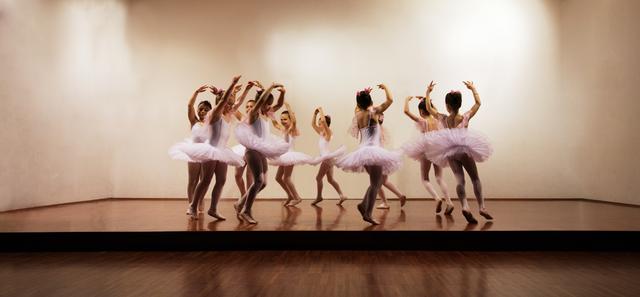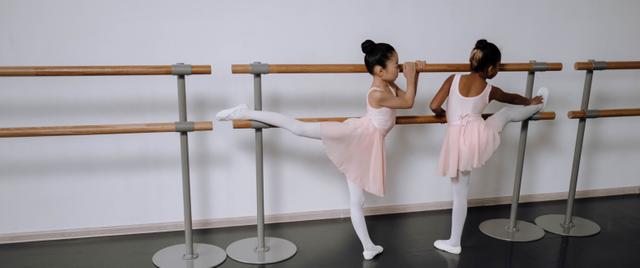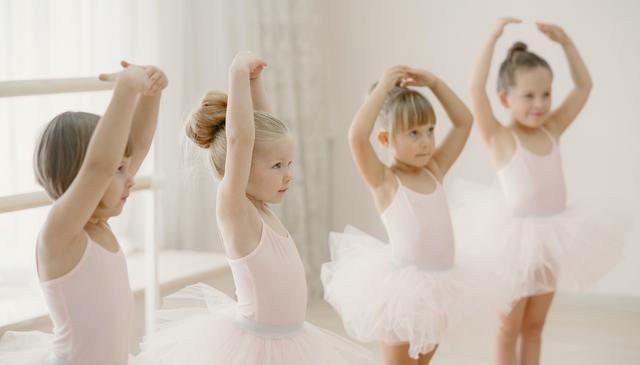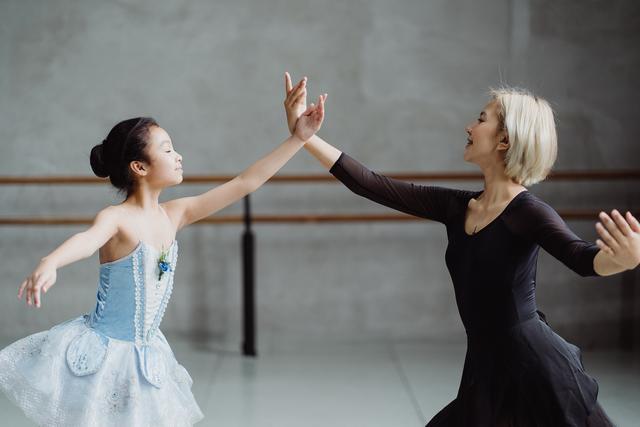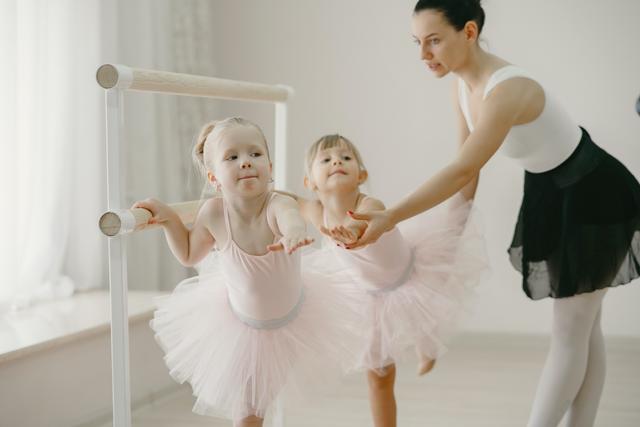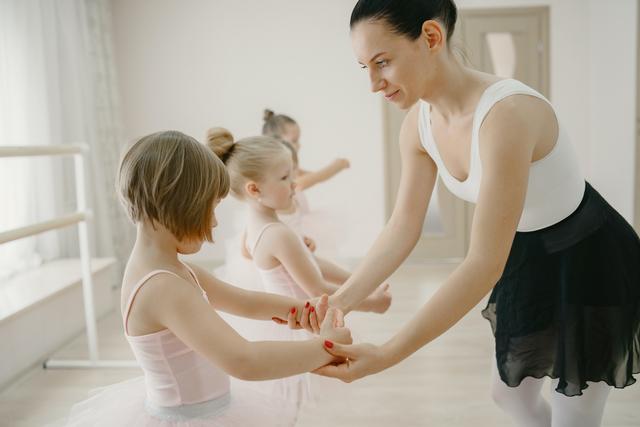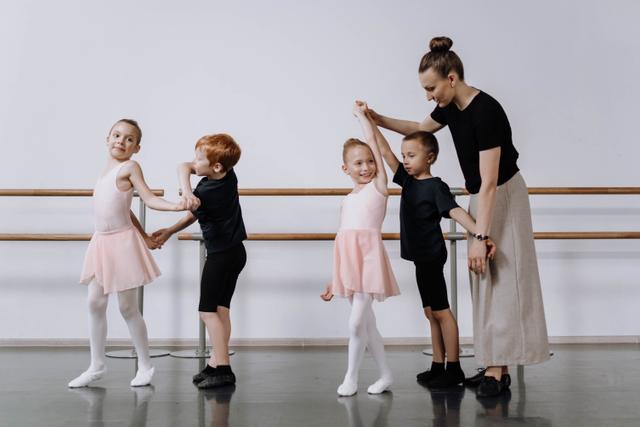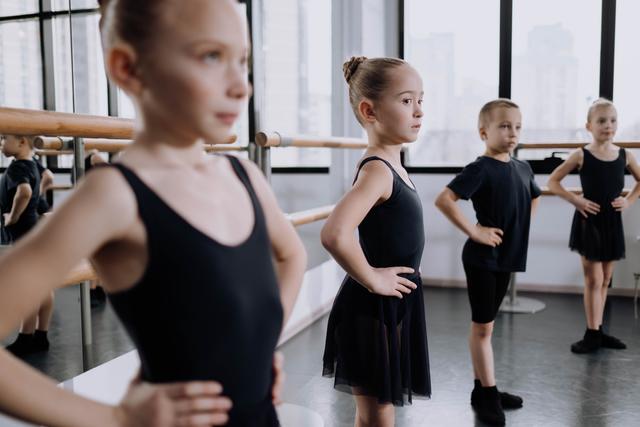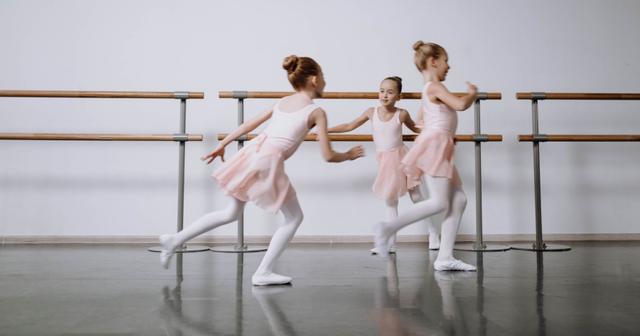Ballet Articles
Ballet For Kids In The UK
Ballet has enchanted audiences and participants alike with its grace and poise, holding a place of distinction in the UK's cultural panorama. Originating from royal court spectacles, ballet in the UK has a storied history dating back to the 15th century. The seminal performance in 1589, honouring Queen Elizabeth I, paved the way for the dance form's enduring legacy. The evolution of ballet accelerated in the 17th and 18th centuries, culminating in the foundation of The Royal Ballet in 1931 by Dame Ninette de Valois, a pivotal moment that solidified ballet's prominence in the artistic fabric of the country.
Today, the UK boasts a vibrant ballet scene with a plethora of schools and companies dedicated to nurturing new generations of dancers. Recognised globally for its rigorous training systems and pioneering performances, the UK remains a beacon of ballet education and innovation. From prestigious institutions to local community centres, ballet is accessible to children all across the country providing them with an opportunity to participate in this refined art form. Whether a child dreams of a professional career or simply wishes to enjoy the movement and music, ballet schools across the UK offer a welcoming environment for all aspirations.
The Benefits of Ballet
Ballet is a doorway to numerous health benefits for children in the UK. As they engage in this disciplined art, kids experience significant improvements in flexibility, crucial for developing a greater range of motion in joints and muscles. The coordinated movements that ballet demands not only enhance motor skills but also fortify the connection between body parts, making children more agile and precise.
Strength is another pivotal advantage, with ballet focusing extensively on the core, legs, and upper body, promoting muscle development in young dancers. Beyond physical strength, ballet cultivates commendable posture through its emphasis on alignment, benefitting children's physical health well into their future.
Mental and emotional health also sees a boost from ballet, with increased confidence stemming from learning new skills and performing in front of audiences. This confidence is complemented by improved focus and concentration, as the meticulous nature of ballet requires sustained attention and discipline. Such cognitive benefits make ballet an enriching endeavour for the youth, combining physical exertion with mental fortitude to sculpt well-rounded, healthy individuals.
FAQs
Q: What age is appropriate for children to start ballet classes? A: Children can begin ballet classes as early as 2 or 3 years old in many schools across the UK. Starting at this age allows children to develop a basic understanding of movement and music, although the perfect age might vary depending on each child's physical readiness and emotional maturity.
Q: How often should kids attend ballet classes to progress effectively? A: For meaningful progress in ballet, it is typically recommended that children attend classes at least once a week. However, attending two to three times a week can significantly enhance their skills, muscle memory, and discipline, especially as they grow more engaged with the dance form.
Q: What should kids wear to their ballet classes? A: For ballet classes, children should wear clothing that is both comfortable and allows easy movement. This usually includes leggings or tights and a fitted top or leotard. Ballet shoes are essential as they provide necessary support for the feet while enabling dancers to perform the requisite movements correctly.
Q: Are ballet classes expensive, and are there ways to reduce the costs? A: The cost of ballet training can vary based on the school’s location, reputation, and the instructors' expertise. Ballet gear, like shoes and outfits, can also add to the expenses. However, many ballet schools offer scholarships, sliding scale fees, or sibling discounts to make the classes more accessible to a wider range of families.
Q: What career opportunities are available for children who pursue ballet seriously? A: Children who train intensively in ballet may pursue careers as professional dancers within ballet companies in the UK and internationally. Additionally, career options extend beyond performing to include roles such as ballet instruction, choreography, dance therapy, and administrative positions within dance companies and theatres. These careers often require not only a strong foundation in ballet technique but also dedication and a deep passion for the art form.
